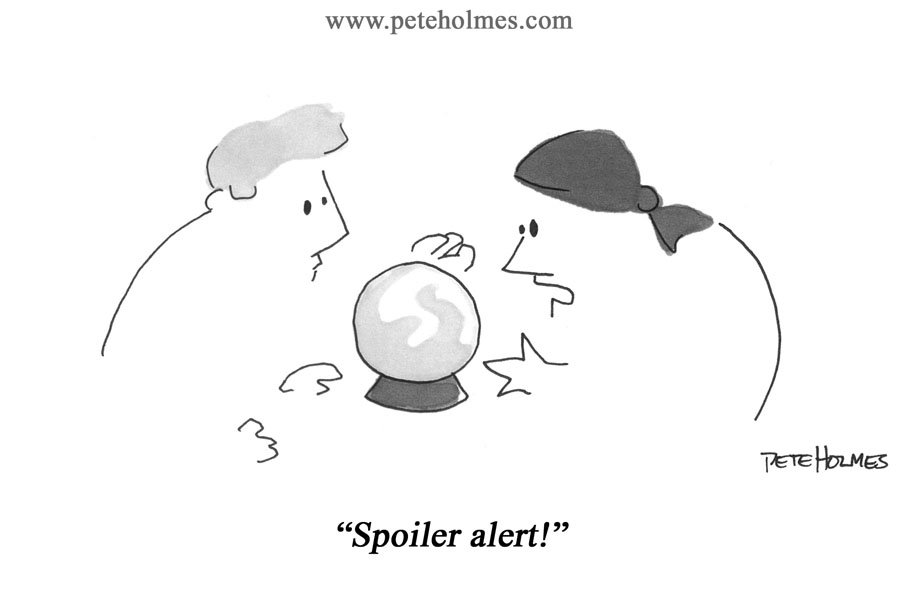
Last week I
took a drive up the coast to a ‘Psychic Fair’.
I went as a sceptic
and left as a cynic.
Of greater
interest than the psychics were the people who sought their services ‒ honest,
hard-working Australians who were desperate to catch a glimpse of their futures
or to receive messages of consolation from the ‘other side’. Their guiding
motive was to have the hidden revealed.
Knowing the
future is power; uncertainty leads to feeling vulnerable. Anxiety is the fear
of uncertainty, “what might happen”.
There are
two responses to anxiety:
1.
To put in every effort to create certainty.
2.
To accept life’s inherent uncertainty.
In most
cases, the first option is ideal. If I can predict the future, then I can
ensure I am fully prepared for it. But can you be fully prepared? What if the
predictions are wrong?
A more
considered response to uncertainty isn’t panic, but rather acceptance. It’s not
that certainty isn’t desirable, it’s that it’s unattainable ‒ there are too
many variables.
The false
prophets promising guarantees of financial security, perfect health and ideal
relationships do their ‘followers’ a disservice. The hard work of preparing for
the challenges of life is the only guarantee. There are no short-cuts.
